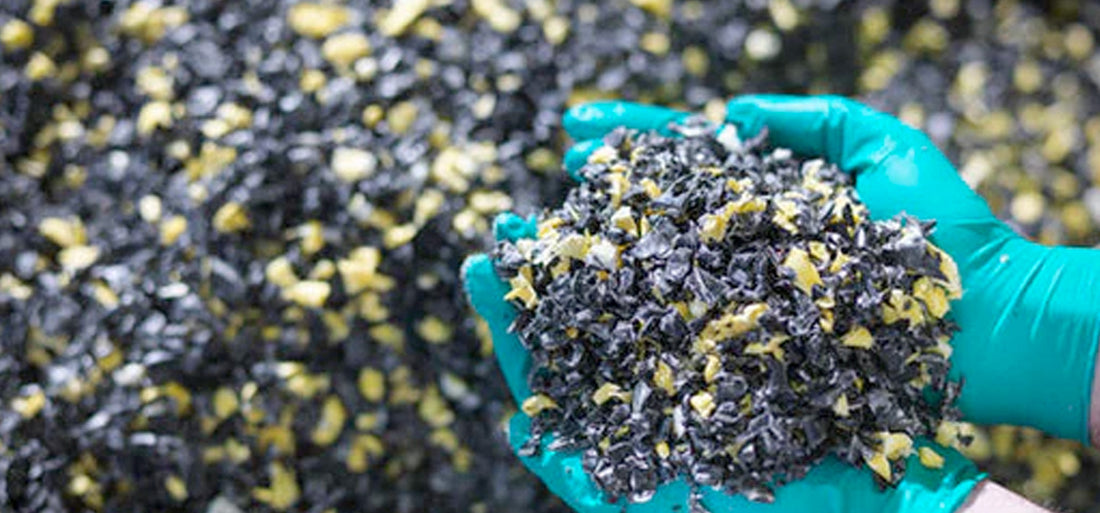Plastic has earned a bad name over the years, with the very word conjuring images of empty plastic bottles, single use cutlery or plastic rubbish in general. On the manufacturing front however, plastics recycling and the use of recycled plastic as a raw material, has surged in recent years. As conversations around global sustainability continue, the need for businesses and individuals to take localised action to reduce their carbon footprint is now non-negotiable. As consumers we expect it, and as businesses, must proactively innovate to integrate sustainability practices into our operations.
Recycled plastic is becoming known as a material worth using, particularly in applications where strength, materials reactivity and design longevity are critical success factors in product manufacturing.
Why use recycled plastic?
From an operational perspective, the utilisation of recycled plastic means reduced energy consumption, lower operating costs and lower greenhouse gas emissions. Blue sky thinking would suggest that the benefits of using recycled plastic as a steppingstone towards adoption of a circular economic model mean preservation and integration with our natural environment, not domination.
Worthy of an article all of its own, the circular economic model aims to eliminate waste and adopt the continual reuse of resources.
“A circular economy is an industrial system that is restorative or regenerative by intention and design. It replaces the end-of-life concept with restoration, shifts towards the use of renewable energy, eliminates the use of toxic chemicals, which impair reuse and return to the biosphere, and aims for the elimination of waste through the superior design of materials, products, systems, and business models. ”
The World Economic Forum
Giving plastic a second life
Reprolene™, Holloway Group’s own proprietary blend of high impact recycled polypropylene, creates industrial strength containers for packaging, materials handling, supply chain and logistics markets, modular underground water tanks, water management systems and permeable surface stabilisation pavers that are non-harmful to the environment, plants or humans but strong enough to support heavy mining machinery. Recycled Reprolene™ offers the same structural integrity, weight tolerance and anti-contaminant properties of virgin polypropylene without the same environmental impact generated by manufacturing processes.
In fact, energy consumption in manufacturing plastic can be reduced by 71%* when using recycled plastic and with Australia’s primary emission source of greenhouse gases derived from energy production, reducing energy consumption becomes a larger issue than simply saving on operating overheads.
* Source: https://www.recyclingtoday.com/article/apr-life-cycle-impact-assessment-recycled-pet-hdpe-pp/
What can recycled PP plastic be used for?
Depending on the intended application, the use of recycled plastics in commercial settings are endless. Often used in the manufacturing of products outside of food contact or production (think communication pits, wheelie bins, irrigation pipes, air conditioning ducts, void fill and more) Holloway Group uses Reprolene™ extensively in products that service agricultural, equine, commercial, residential, civil and mining industries. To find out more about the use of Reprolene™ in Holloway Group Products visit the links below:
A Plus Plastics Enviro Range
Ausdrain Stormwater Management Solutions
Geohex™
Other links
https://theconversation.com/plastics-could-help-build-a-sustainable-future-heres-how-133585
https://www.azocleantech.com/article.aspx?ArticleID=240
https://www.recyclingtoday.com/article/apr-life-cycle-impact-assessment-recycled-pet-hdpe-pp/


